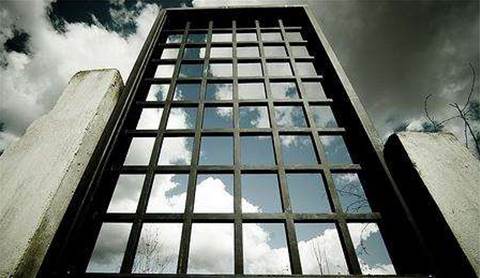Governments and enterprises should not expect their vendors to initiate conversation around cyber security, according to Huawei’s global cyber security officer John Suffolk.
Speaking at the CeBIT conference in Sydney this morning on challenges with 21st century technology and security, Suffolk said the onus for cyber security is on the customer.
“If you don’t ask a vendor to do something on security, don’t be surprised if they don't do anything on security,” he said.
“If governments [and enterprises] around the world don’t say to vendors, ‘This is what good security looks like’, don’t be surprised if they make no investment on security.”
He said cyber security would not work as a bolt-on and needed to be integrated from the start.
“You must be able to prove that everybody has a role to play in terms of cyber security. If they can’t show you that, it means it’s not an embedded process, it’s an add-on. Add-ons will not give you that repeatability.”
Cyber security has been a sticking point for the Chinese giant, with persistent fears of alleged links to the Chinese Government affecting Huawei’s ability to win contracts both in Australia and overseas.
The Federal Government last year banned Huawei from tendering for the National Broadband Network over concerns about cyber attacks originating from China.
The company has also lost a number of contracts in the United States for similar reasons. Just last week, US ISP Clearwire announced it would reduce the amount of Huawei equipment it uses in its TDD-LTE network rollout due to national security concerns.
Suffolk recognised the damage the company’s perception was doing to the business locally and in the US and said it was Huawei’s job to make people understand what working with a Chinese vendor looked like.
“We’re going through a transition around the world as we develop policies, procedures .. and work out what we can do in a global world. There’s issues about malware being weaponised, issues around bring your own device and cloud computing — that takes time for governments to work through,” he said.
“The more we ... open ourself for review and inspection, people will see we are no different to anybody else.
“Within a year or two years most people will realise these things and it will stabilise and settle.”








.jpg&h=142&w=230&c=1&s=1)




.jpg&w=100&c=1&s=0)








_(1).jpg&q=95&h=298&w=480&c=1&s=1)


